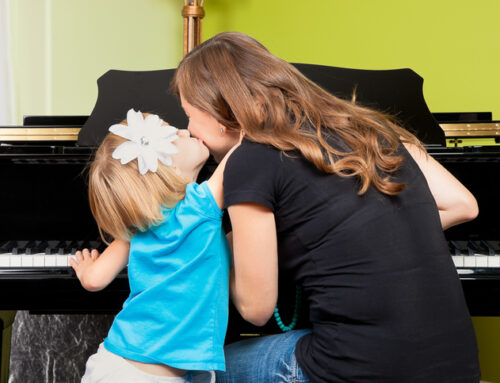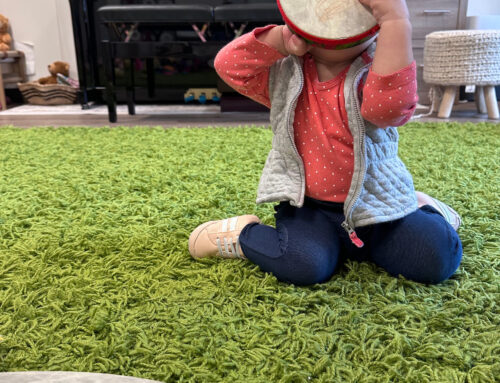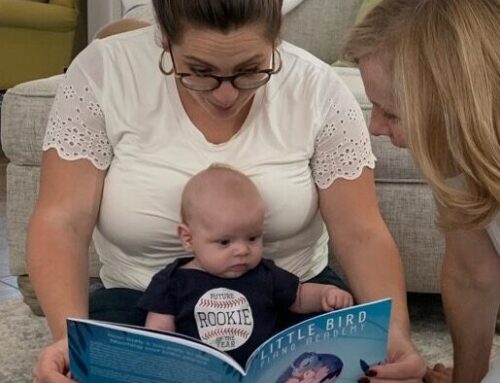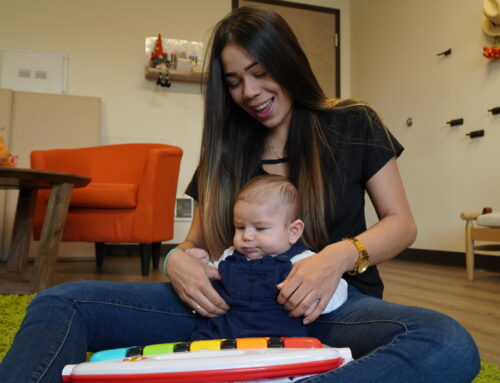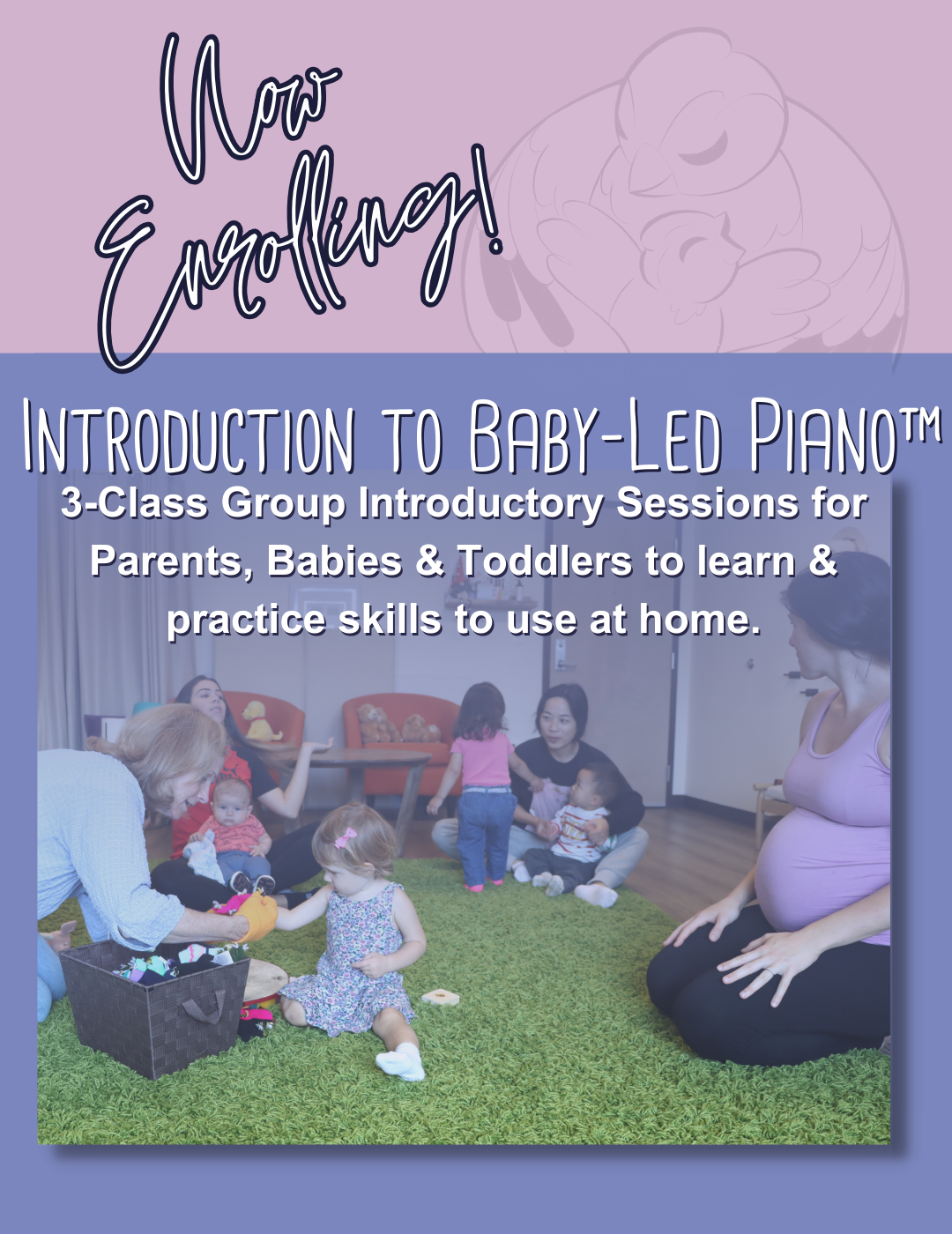hen I was a little girl, I loved making things. When I saw something I didn’t know how to make, I had this insatiable desire to learn how to make it. Once I learned how to make something, I would make that thing over and over.

Once I learned how to make seed bead bracelets with flowers. I thought they were SO cool! I begged my mom to buy me beads and the right kind of thread and needles so I could make necklaces, bracelets, rings… I had so much fun! I loved choosing new colors to make my jewels.
Then someone asked me to make one for them for money. They were going to pay me a dollar! Do you know how much candy you could buy in 1973 with a dollar?? I was so excited! Hoping to help me with my entrepreneur skills, my mom told me I would need to pay for the supplies out of the money I earned.
I took the order, promised to provide the necklace by a certain date, got the right colors, and made my first sellable product. After I delivered the necklace and paid my mom back for the cost of the beads, I had some money left to buy a Fun Dip AND a Big Hunk. I shared with my friend. I felt so cool.
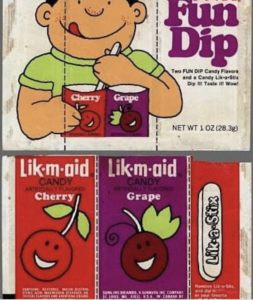

But I don’t think I made necklaces or bracelets or rings anymore. My play had become monetized – outcome based. And it wasn’t fun anymore.
Kids learn, grow, and thrive through play. They make sense of the world around them, and how they fit into it. When we focus on the outcome, we make it into work, and it’s not fun anymore. That’s sometimes the reason getting kids to practice is a struggle. We take this thing called “playing” the piano and we make it into a job. We can accidentally take this thing they love and turn it into something they feel anxious about, and that they might never be good enough at. And mostly, it just loses its appeal.
Here are some ways to keep playing the piano fun:
- Play the piano yourself, and have fun!
- Invite your child to join you, but don’t react if they don’t want to. Thinkof it this way: If you tried to bargain with
your child to get them to go outside and play, they might decide they’d rather stay inside. If you offered your child a reward for playing a game with you or having story time, they might choose something else instead. Kids hate to be coerced. Stickers, time-outs, begging, telling our kids they’ll make us happy, are all ways of making something that should be fun, into a questionable and undesirable activity for a child. We inadvertently send the message that we’re asking them to do something unpleasant. You might as well ask your child to eat a bowl of canned peas. Gross. - When your child does choose to play the piano, let them play. Don’t correct them or try to make them do more than they’re ready for. And try not to create expectations of perfection by making a big deal out of it. Let your child feel their own sense of enjoyment as they experiment, create, and possibly do what was assigned in their lesson. When they’re having fun, they’ll naturally want to improve, ask questions, and learn from their teacher.
- You might ask if you can join in. If they say yes, have fun. Don’t give in to the temptation to try to make it more than it is.
- Rather than focusing on how well your child is playing or taking videos to send your friends, focus on the organic, real time you’re spending together. Let your child know you love spending time with them.
We have a Recital coming up for kids 5 and up, and a Piano Party for kids 5 and under. Both are going to be fun, voluntary, and interactive. Students will have a chance to meet their Piano Friends (including parents). We’ll have treats. And we’ll have a basket to fill to the brim with mistakes. Parents will have the opportunity to participate in the play if they want to (play is voluntary for parents as well).
I can’t wait to see all of the Little Bird Piano Academy™ families getting acquainted and having fun together – with no expectation of perfection, no high heels or lipstick, just fun times sharing music with the people we love – including our newest Piano Friends!
And treats 🙂


